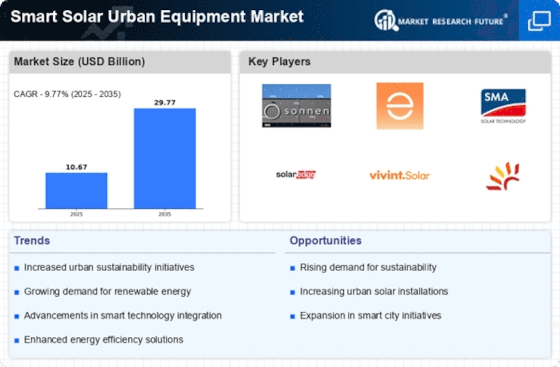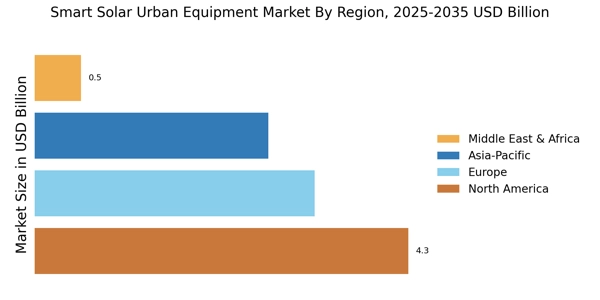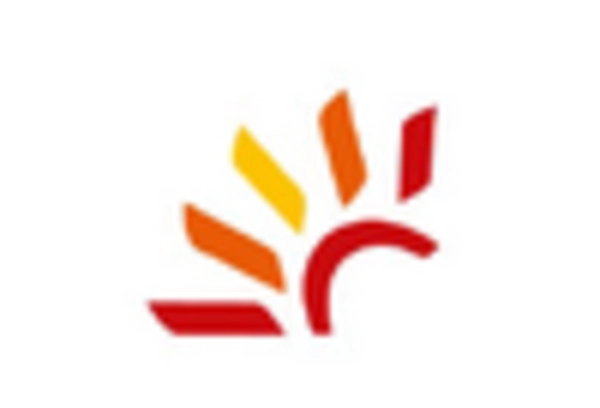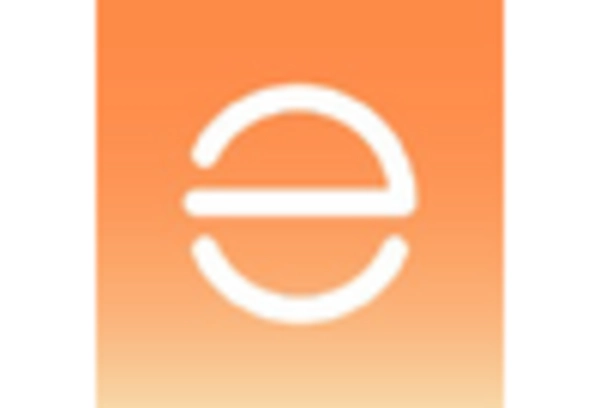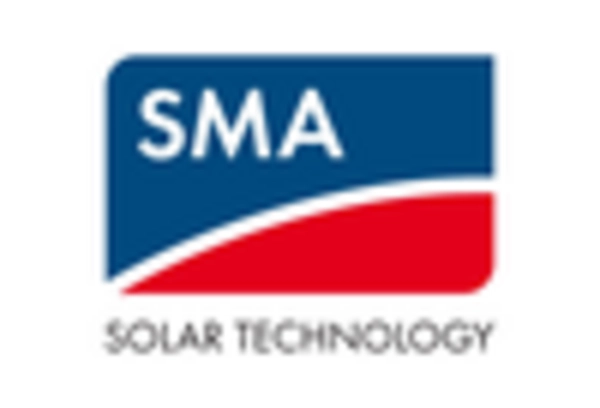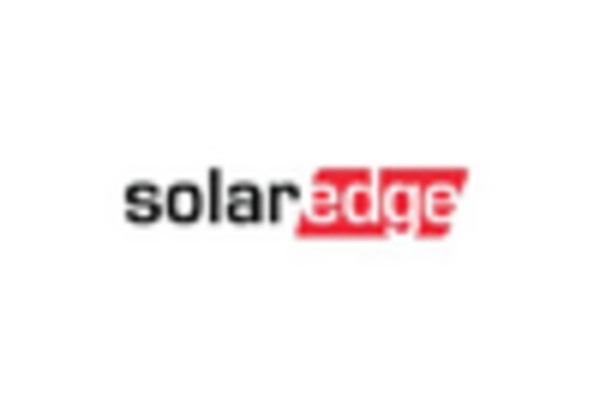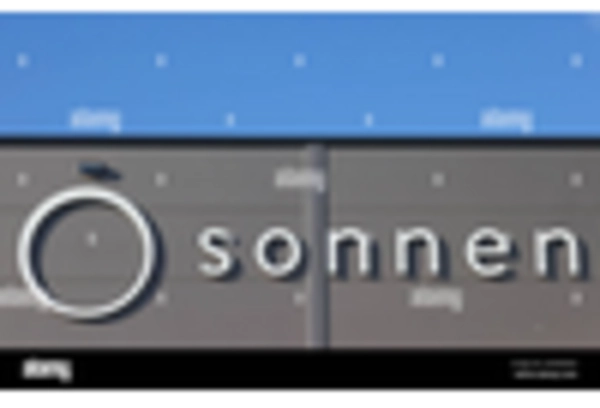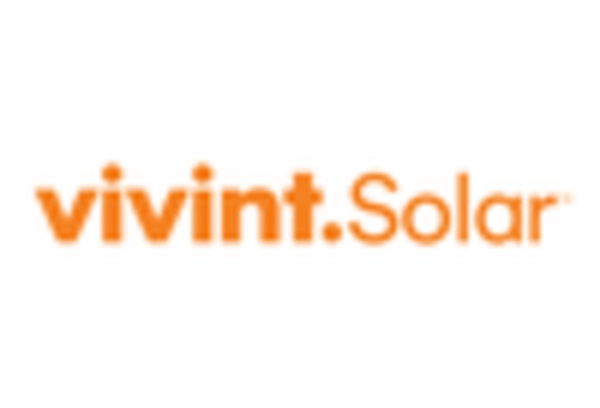Integration of Renewable Energy Policies
The Smart Solar Urban Equipment Market is experiencing a notable surge due to the integration of renewable energy policies across various regions. Governments are increasingly implementing regulations and incentives that promote the adoption of solar technologies in urban settings. For instance, policies that mandate the use of renewable energy sources in new constructions are driving demand for smart solar urban equipment. This trend is expected to continue, as the International Energy Agency projects that solar energy could account for a significant portion of the energy mix by 2030. Consequently, the Smart Solar Urban Equipment Market is likely to benefit from these favorable regulatory environments, fostering innovation and investment in solar solutions.
Economic Incentives and Financial Support
Economic incentives and financial support mechanisms are crucial drivers for the Smart Solar Urban Equipment Market. Many governments and financial institutions are offering grants, tax credits, and low-interest loans to encourage the adoption of solar technologies. These financial incentives lower the initial investment barrier for consumers and businesses, making solar solutions more appealing. For instance, programs that provide subsidies for solar installations can lead to a substantial increase in market penetration. As these financial support systems continue to evolve, the Smart Solar Urban Equipment Market is expected to see accelerated growth, as more entities recognize the long-term cost savings associated with solar energy.
Growing Awareness of Environmental Impact
There is a growing awareness of the environmental impact of traditional energy sources, which is driving the Smart Solar Urban Equipment Market. As climate change concerns escalate, consumers and businesses alike are seeking sustainable alternatives to fossil fuels. This shift in mindset is leading to increased investments in solar technologies, as they are perceived as cleaner and more sustainable options. According to recent studies, the adoption of solar energy can reduce greenhouse gas emissions significantly, making it an attractive choice for environmentally conscious consumers. The Smart Solar Urban Equipment Market is likely to thrive as more stakeholders prioritize sustainability in their energy choices.
Urbanization and Infrastructure Development
Rapid urbanization is a critical driver for the Smart Solar Urban Equipment Market. As cities expand, the demand for sustainable infrastructure solutions becomes increasingly pressing. Urban areas are projected to house over two-thirds of the world's population by 2050, necessitating innovative approaches to energy consumption and urban planning. Smart solar urban equipment, such as solar streetlights and charging stations, offers efficient energy solutions that align with the needs of growing urban populations. The market is likely to see a compound annual growth rate of over 20% in the coming years, reflecting the urgent need for sustainable urban infrastructure that integrates solar technology.
Technological Advancements in Solar Solutions
Technological advancements play a pivotal role in shaping the Smart Solar Urban Equipment Market. Innovations in solar panel efficiency, energy storage systems, and smart grid technologies are enhancing the performance and appeal of solar urban equipment. For example, the development of bifacial solar panels, which capture sunlight on both sides, has the potential to increase energy generation significantly. Furthermore, the integration of Internet of Things (IoT) capabilities allows for real-time monitoring and management of energy consumption. These advancements not only improve the functionality of solar equipment but also contribute to cost reductions, making the Smart Solar Urban Equipment Market more accessible to a broader range of consumers.


